L’astúcia política: un requisit necessari per als líders que vulguin crear valor públic
Els líders polítics han de tenir astúcia política (i fer-la servir!) si volen crear valor públic. Aquesta és la conclusió del número especial que hem publicat recentment (a la revista acadèmica Public Administration) sobre com els líders públics poden aconseguir crear valor públic (Hartley et al., 2019b). Les contribucions a aquest número especial amplien l’anàlisi que l’astúcia política és un requisit necessari per crear valor públic. Aquí en fem un breu resum de les conclusions principals analitzant els conceptes de lideratge públic i valor públic, abans d’explicar com actua l’astúcia política com a vincle essencial entre tots dos conceptes, que permet als líders públics crear valor públic.
La noció de líder públic evoca tradicionalment la imatge d’un polític fort o d’un alt càrrec que lluita per impulsar reformes bastant pel seu compte. Tanmateix, aquesta interpretació està desfasada. Les darreres tendències en matèria d’administració pública han desplaçat el focus dels líders individuals al valor del lideratge públic. En aquest sentit, el lideratge públic el pot exhibir qualsevol persona que exerceixi una influència en l’esfera pública, i no tan sols aquelles persones que tenen una posició convencional de poder i autoritat a les organitzacions públiques o sobre elles. El lideratge públic el poden exercir actors i grups dins o fora del govern. En efecte, com s’explica en aquest número especial, el lideratge públic el poden exhibir les persones i els equips de les organitzacions públiques (Trivellato et al., 2019), però també de corporacions privades (Andrews, 2019), grups socials i ciutadans (Brown i Head 2019; Hartley et al., 2019a) i organitzacions de la societat civil (Ayres, 2019; Teasdale i Dey, 2019).
El que tots aquests actors tenen en comú és que exerceixen el lideratge públic en un món cada vegada més influït per la governança policèntrica. Els problemes complexos i perversos amb què es troben les societats avui impliquen que els governs ja no poden continuar confiant exclusivament en les formes tradicionals de l’administració pública per abordar aquests problemes (Rittel i Weber, 1973; Ansell i Torfing, 2016; Bryson et al., 2017). En conseqüència, han sorgit una gran varietat de processos i estructures de govern no tradicionals, com ara xarxes, partenariats, aliances, l’autogovern i la coproducció. El lideratge públic en aquestes estructures de govern consisteix a “mobilitzar els individus, les organitzacions i les xarxes per tal de formular i/o aprovar propòsits, valors i accions que pretenen generar resultats valuosos per a l’esfera pública, o ho sostenen” (Hartley, 2018, p. 203).
Si els actors són capaços d’exercir el lideratge públic per tal de contribuir a l’esfera pública, aquests actors estan (co)creant uns resultats que poden generar valor públic. És important observar, però, que si bé alguns ciutadans poden trobar que una nova política beneficiosa és per a ells, d’altres poden percebre que limita els seus interessos. En altres paraules, com explica Benington (2011), és important entendre el valor públic com si tingués dues dimensions diferents: allò que aporta valor a l’esfera pública i allò que és valorat pel públic –i alhora reconèixer que, davant l’existència de múltiples públics, el que constitueix valor públic pot ser una qüestió controvertida (Moore, 1995; Benington, 2015; Hartley et al., 2019a).
Així doncs, com pot el lideratge públic contribuir a crear valor públic? Amb l’astúcia política. Atès que diferents actors, grups i organitzacions poden tenir interessos diferents (els quals, a vegades, poden entrar en conflicte), el lideratge públic pot donar com a resultat la creació d’un valor públic en què els actors siguin capaços de valorar amb precisió no sols com perceben els altres una qüestió determinada i quins són els seus interessos, sinó també què es necessita per aconseguir alinear els seus interessos i aconseguir coalicions a favor d’aquest valor públic. Sense aquest conjunt de capacitats (competències, coneixements, judici i habilitats), el lideratge públic tindrà menys probabilitats d’influir en uns resultats constructius quan hi hagi diversos interessos en joc (Hartley et al., 2015).
El lideratge amb astúcia política implica cinc dimensions interrelacionades, com assenyalen Hartley et al. (2015) en un estudi empíric previ. Són aquestes:
- Competències personals
- Competències interpersonals
- Capacitat d’interpretar les situacions i les persones
- Creació d’aliances i alineacions
- Exploració i direcció estratègica
Cada dimensió està integrada per diverses activitats/competències i comportaments. Per exemple, ser proactiu és una competència personal important per a ser políticament astut (Hartley et al., 2015).
Concloent, la contribució d’Ayres (2019) a l’astúcia política en aquest número especial destaca que ser políticament astut vol dir també ser conscient que, quan s’exerceix el lideratge públic entre bastidors, en entorns informals, hi ha la probabilitat d’acabar essent antidemocràtic. La flexibilitat i la informalitat poden ser uns actius en el procés de presa de decisions, però fins a cert punt, perquè, si van més enllà, pot resultar poc atractiu ser transparent en els processos de presa de decisions i, en conseqüència, determinar qui és el responsable de les decisions adoptades. Prendre consciència d’on es troba aquest punt crític (i actuar en conseqüència!) serà encara més important als propers anys, quan es creïn noves estructures de govern per satisfer les nostres necessitats de disposar de solucions creatives i flexibles en un món cada vegada més complex.
Jean Hartley és professora de The Open University Business School, Milton Keynes (Regne Unit), i directora acadèmica del Centre for Policing Research and Learning d’aquesta universitat. La seva labor se centra en el lideratge públic i la gestió, i en la innovació als serveis públics. Alessandro Sancino és director de l’Àrea de Recerca Estratègica en Ciutadania i Governança i professor titular de Management de The Open University, Milton Keynes. Mark Bennister és professor titular de Política de la Universitat de Lincoln, Lincoln (Regne Unit). La seva recerca més recent estudia el paper de l’speaker a la Cambra dels Comuns. Sandra L. Resodihardjo és professora ajudant d’Administració Pública de l’Institute for Management Research de la Universitat Radboud de Nimega (Països Baixos). Recentment, ha publicat un llibre sobre l’atribució de culpes titulat Crises, Inquiries and the Politics of Blame.
Referències
Andrews, L. (2019): “Public administration, public leadership and the construction of public value in the age of the algorithm and big data”. Public Administration, 97(2): 296-310.
Ansell, C.; Torfing, J. (2016): Handbook on Theories of Governance. Cheltenham: Edward Elgar.
Ayres, S. (2019): “How can network leaders promote public value through soft metagovernance?” Public Administration, 97(2): 279-295.
Benington, J. (2011): “From private choice to public value?” A: Benington, J.; Moore, M. (ed.), Public Value: Theory and practice (p. 31-51). Basingstoke: Macmillan.
Benington, J. (2015): “Public value as a contested democratic practice”. A: Bryson, J. M.; Crosby, B. C.; Bloomberg, L. (ed.), Creating Public Value in Practice: Advancing the common good in a multi-sector, shared-power, no-one-wholly-in-charge world (p. 29-48). Boca Raton, FL: CRC Press/Taylor & Francis Group.
Brown, P. R.; Head, B. W. (2019): “Navigating tensions in co-production: A missing link in leadership for public value”. Public Administration, 97(2), 250-263.
Bryson, J.; Sancino, A.; Benington, J.; Sørensen, E. (2017): “Towards a multi-actor theory of public value co-creation”. Public Management Review, 19(5): 640-654.
Hartley, J. (2018): “Ten propositions about public leadership”. International Journal of Public Leadership, 14(4): 202-217.
Hartley, J.; Alford, J.; Hughes, O.; Yates, S. (2015): “Public value and political astuteness in the work of public managers: The art of the possible”. Public Administration, 93(1): 195-211.
Hartley, J.; Parker, S.; Beashel, J. (2019a): “Leading and recognizing public value”. Public Administration, 97(2), 264-278.
Hartley, J.; Sancino, A.; Bennister, M.; Resodihardjo, S. L. (2019b): “Leadership for public value: Political astuteness as a conceptual link”. Public Administration, 97(2), 239-249.
Moore, M. H. (1995): Creating Public Value: Strategic management in government. Cambridge, MA: Harvard University Press.
Rittel, H. W. J.; Webber, M. M. (1973): “Dilemmas in a general theory of planning”. Policy Sciences, 4(2): 155-169.
Teasdale, S.; Dey, P. (2019): “Neoliberal governing through social enterprise: Exploring the neglected roles of deviance and ignorance in public value creation”. Public Administration, 97(2): 325-338.Trivellato, B.; Mariani, L.; Martini, M.; Cavenago, D. (2019): “Leading knowledge mobilization for public value: The case of the congestion charge zone (Area C) in Milan”. Public Administration, 97(2): 311-324.







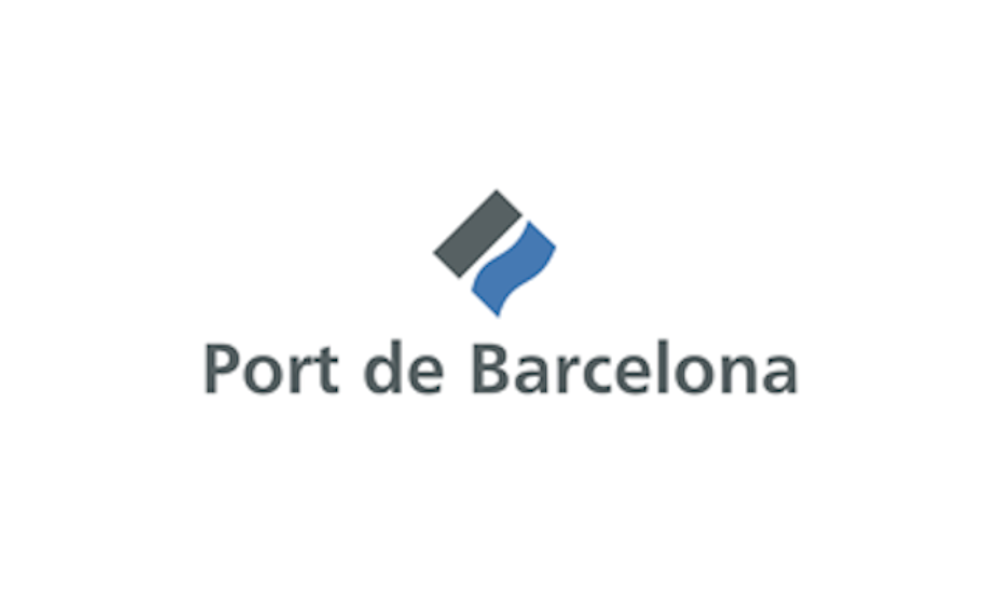
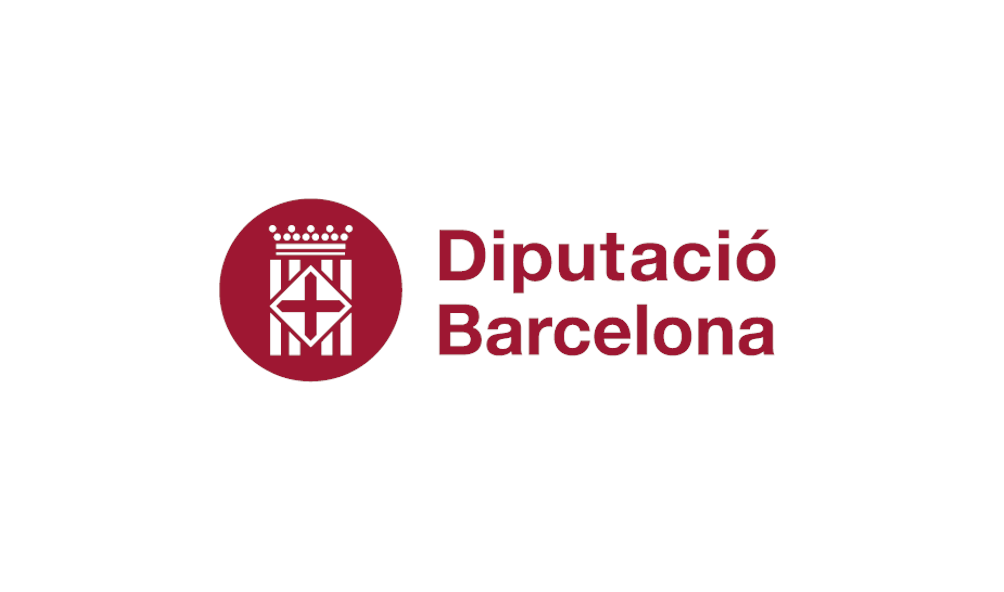
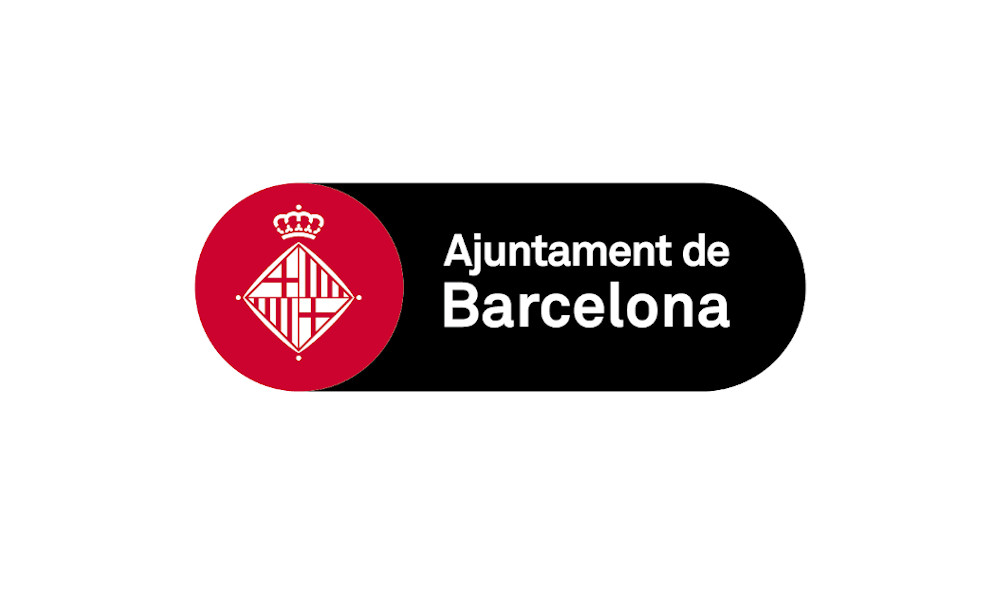

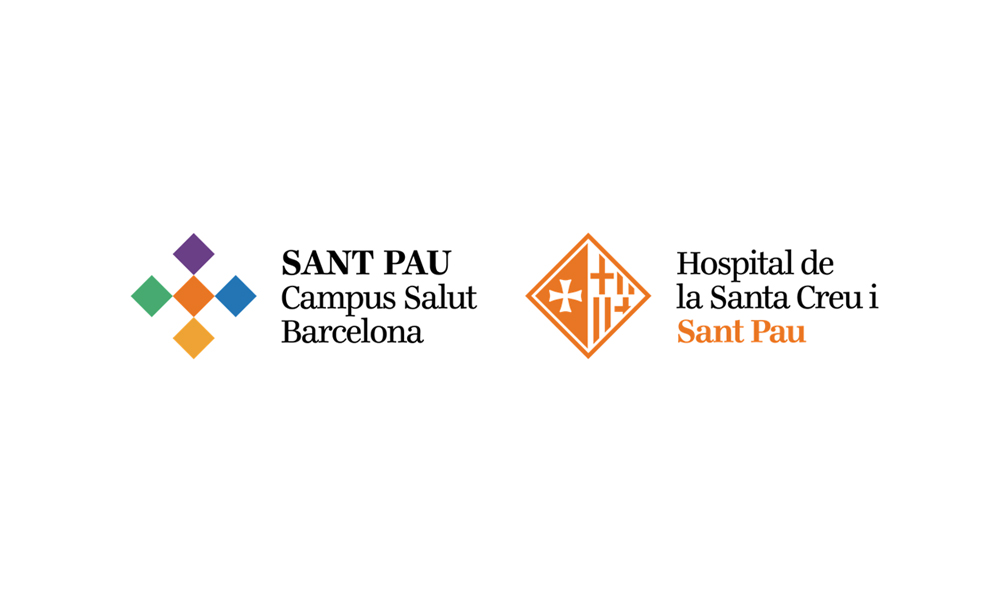
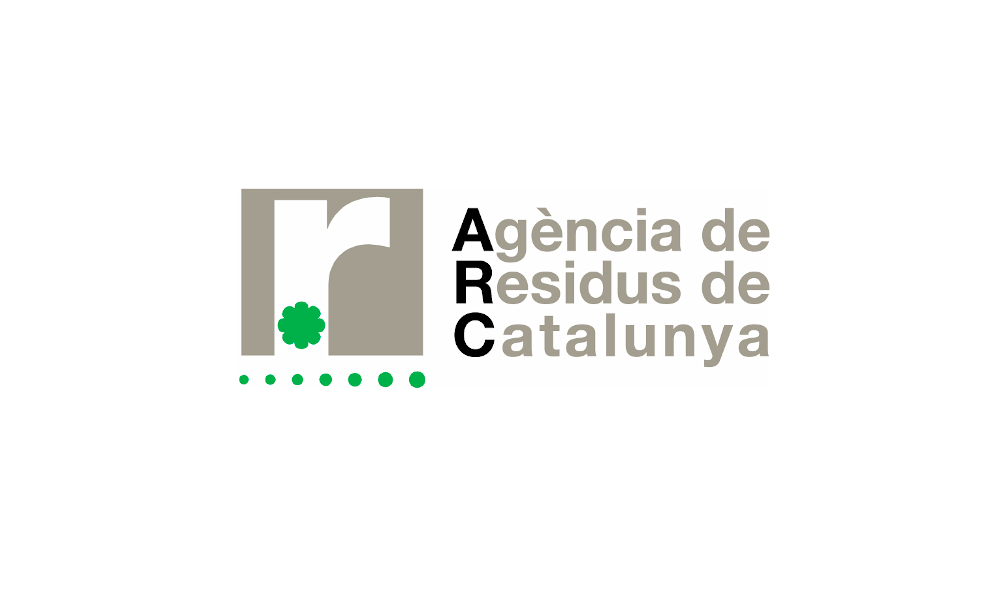
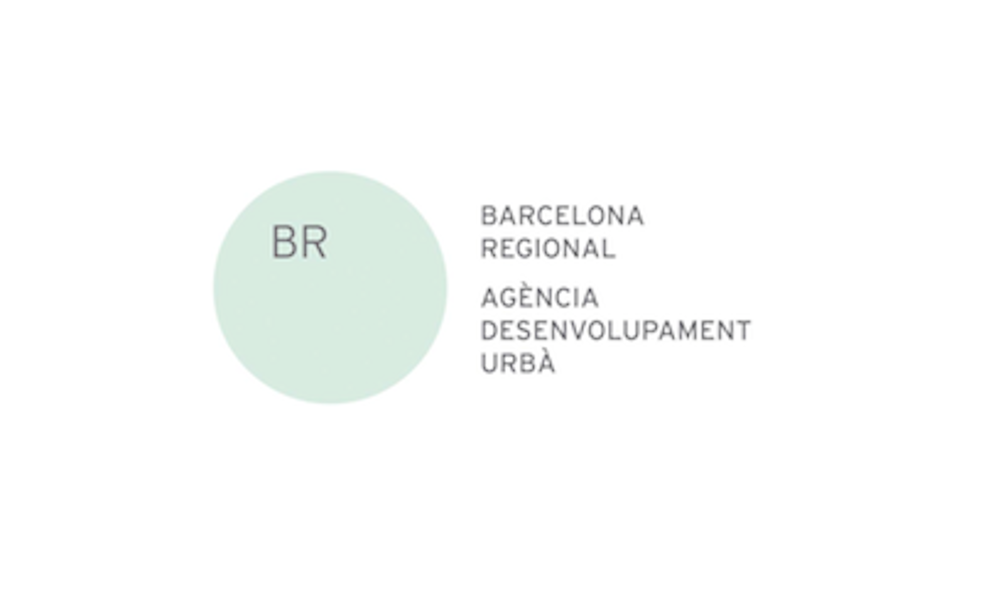
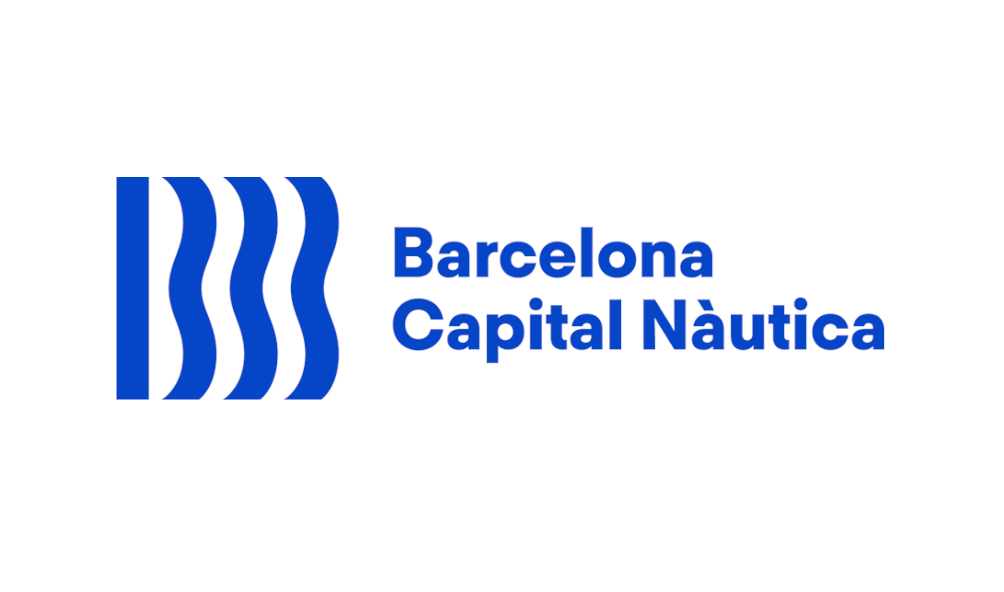


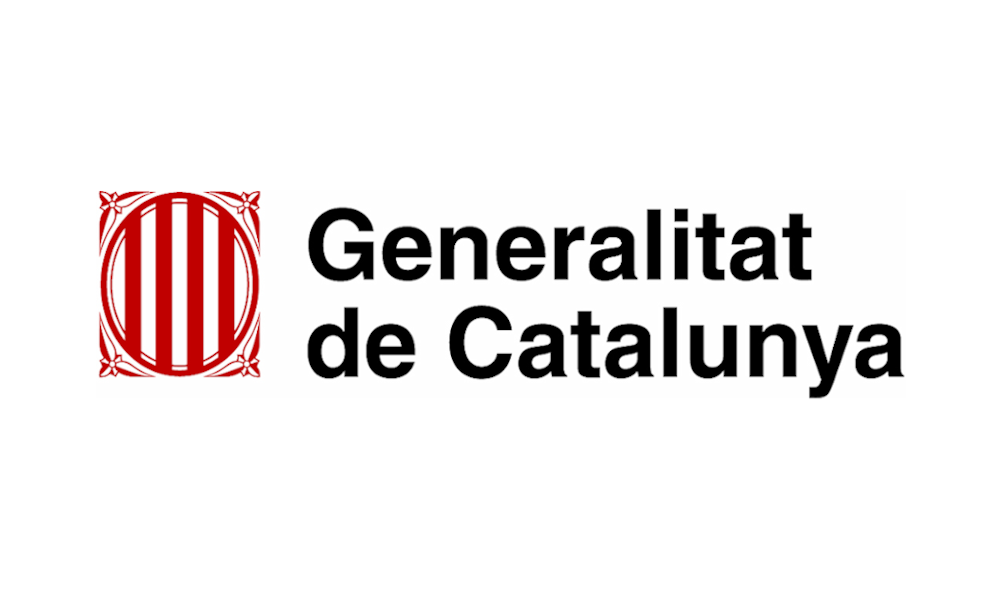
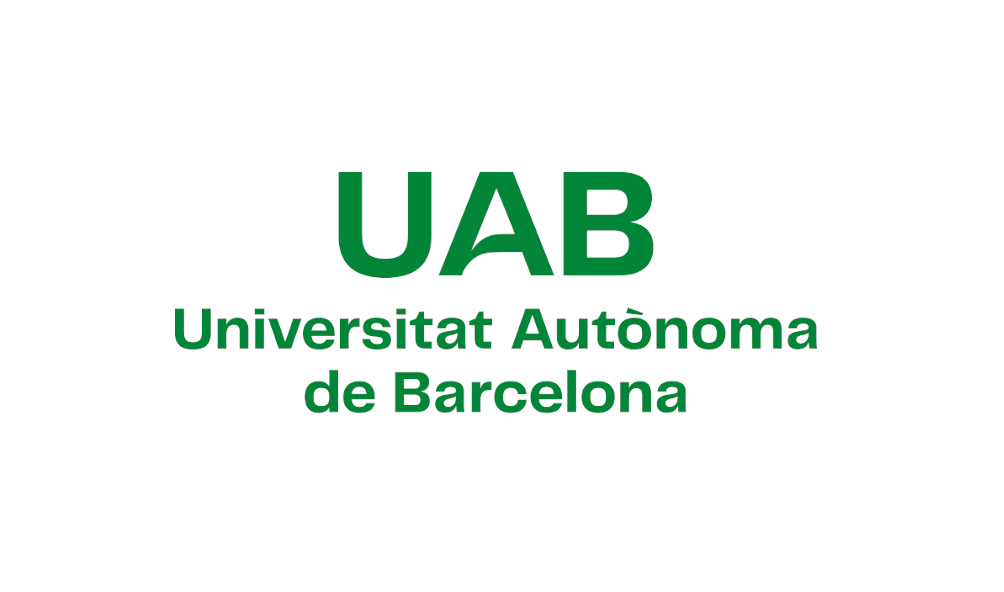

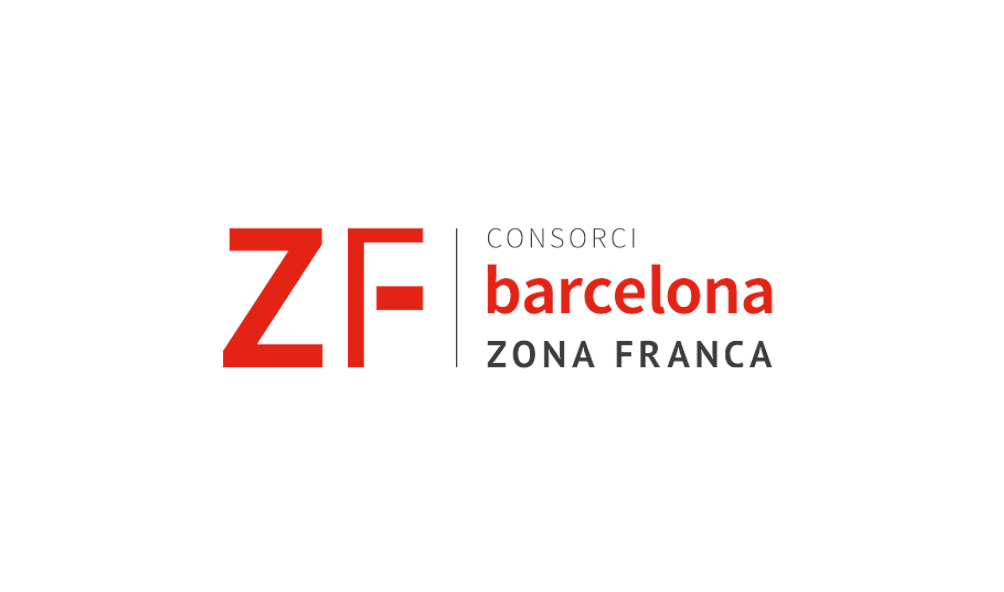

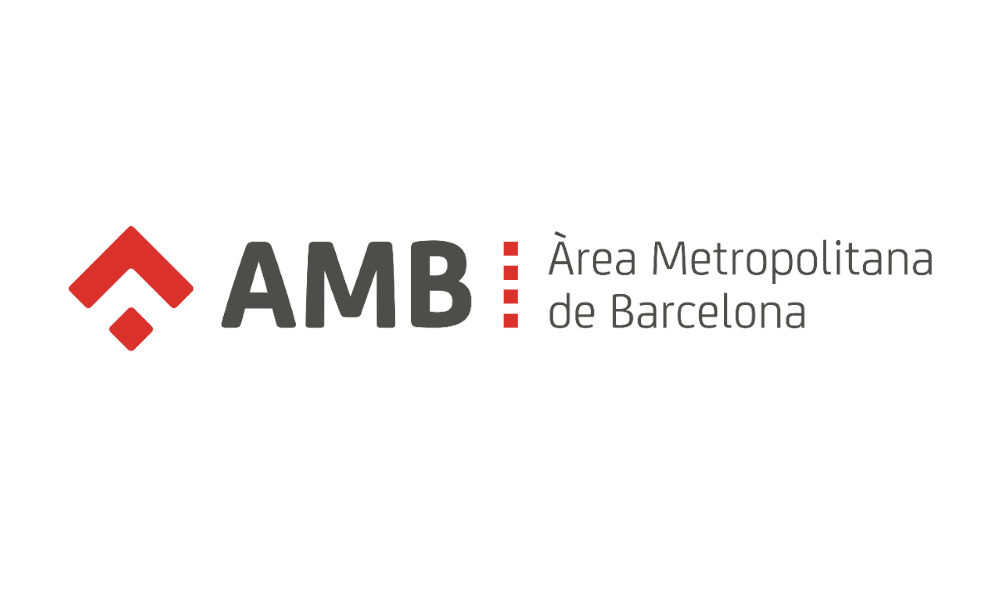

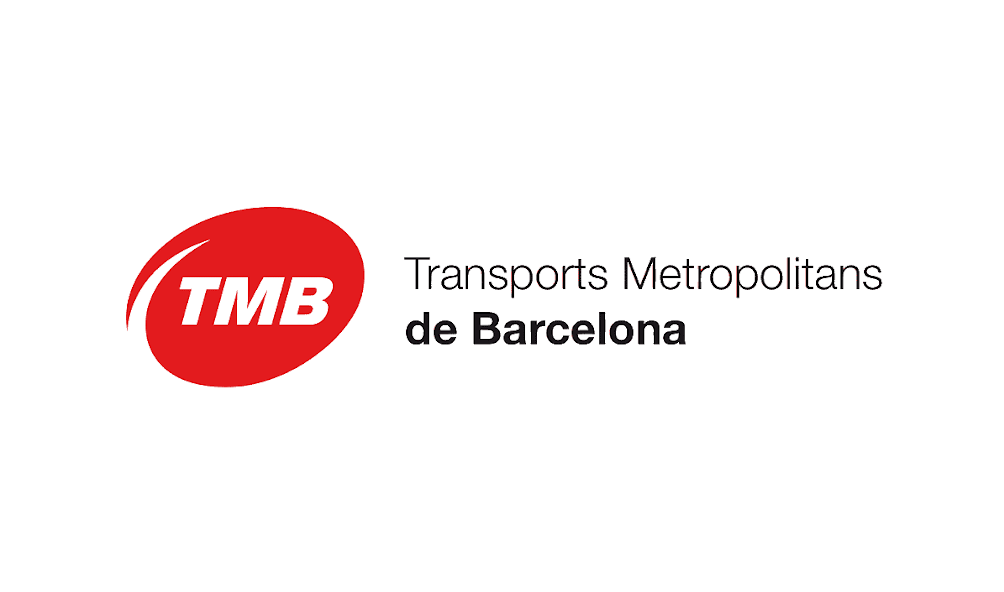
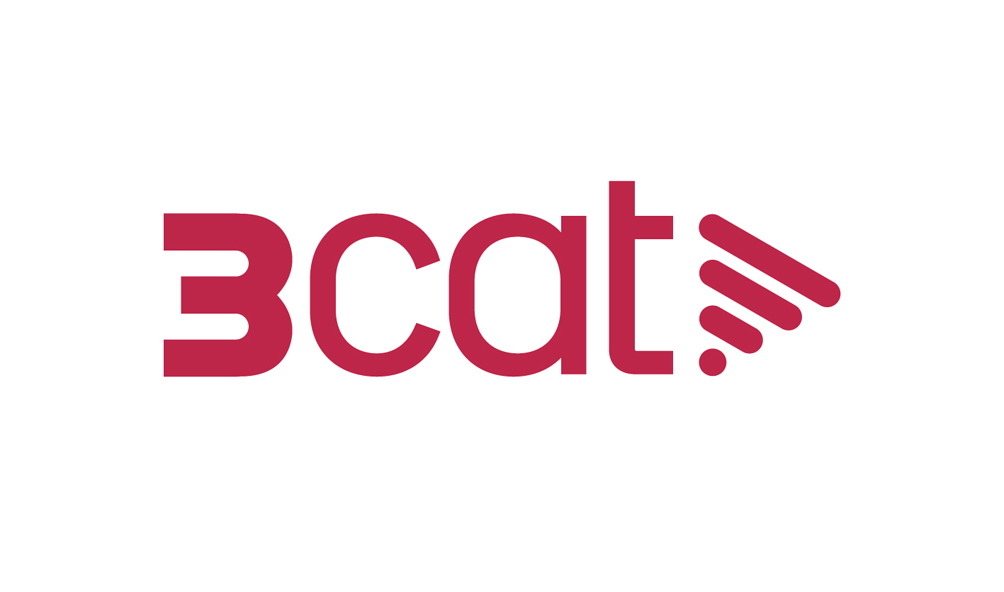


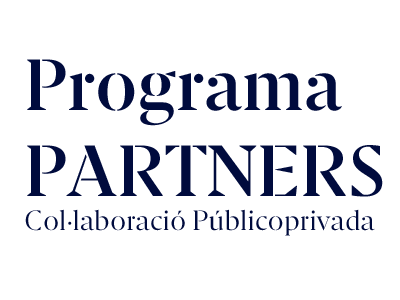

És obligatori estar registrat per comentar.
Fes clic aquí per registrar-te i rebre la nostra newsletter.
Fes clic aquí per accedir.